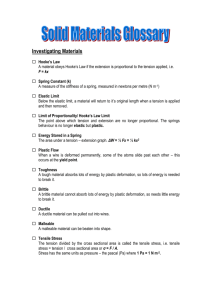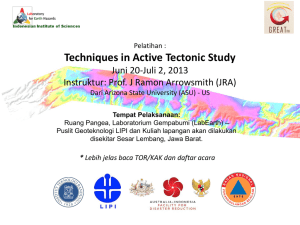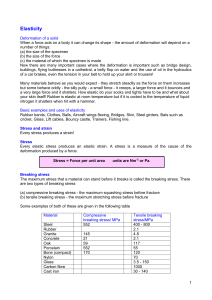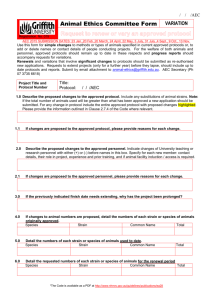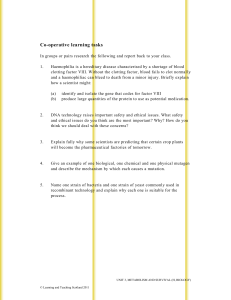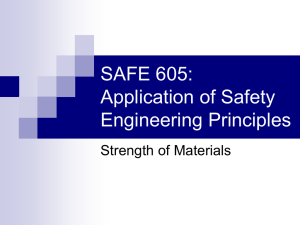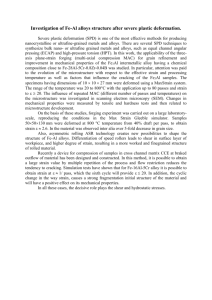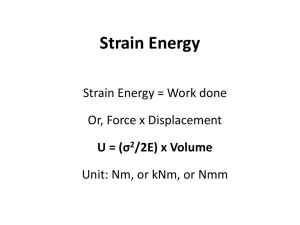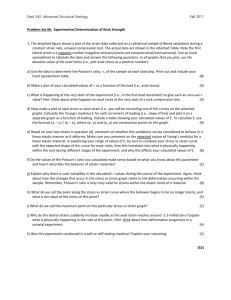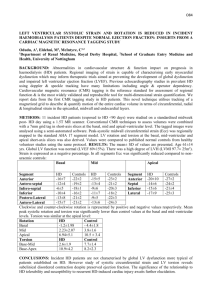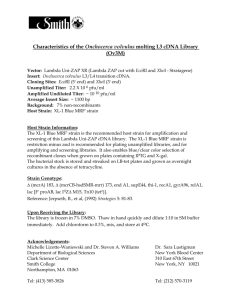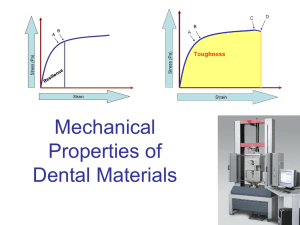Course Objectives
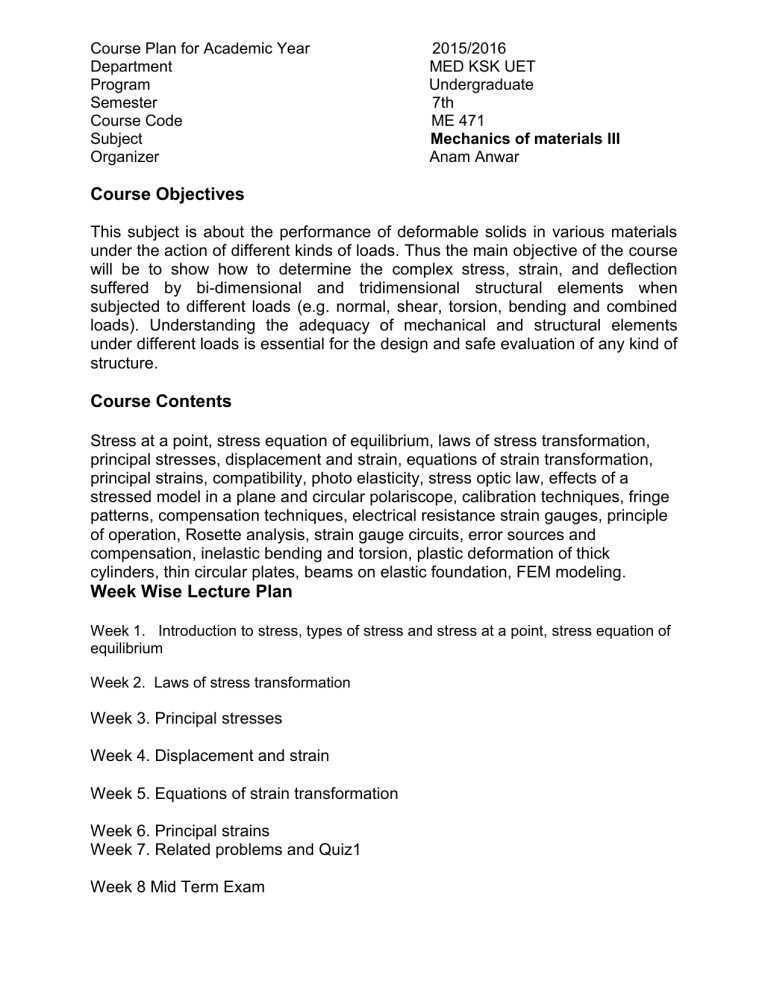
Course Plan for Academic Year 2015/2016
Department MED KSK UET
Program Undergraduate
Semester 7th
Course Code ME 471
Subject Mechanics of materials III
Organizer Anam Anwar
Course Objectives
This subject is about the performance of deformable solids in various materials under the action of different kinds of loads. Thus the main objective of the course will be to show how to determine the complex stress, strain, and deflection suffered by bi-dimensional and tridimensional structural elements when subjected to different loads (e.g. normal, shear, torsion, bending and combined loads). Understanding the adequacy of mechanical and structural elements under different loads is essential for the design and safe evaluation of any kind of structure.
Course Contents
Stress at a point, stress equation of equilibrium, laws of stress transformation, principal stresses, displacement and strain, equations of strain transformation, principal strains, compatibility, photo elasticity, stress optic law, effects of a stressed model in a plane and circular polariscope, calibration techniques, fringe patterns, compensation techniques, electrical resistance strain gauges, principle of operation, Rosette analysis, strain gauge circuits, error sources and compensation, inelastic bending and torsion, plastic deformation of thick cylinders, thin circular plates, beams on elastic foundation, FEM modeling .
Week Wise Lecture Plan
Week 1. Introduction to stress, types of stress and stress at a point, stress equation of equilibrium
Week 2. Laws of stress transformation
Week 3. Principal stresses
Week 4. Displacement and strain
Week 5. Equations of strain transformation
Week 6. Principal strains
Week 7. Related problems and Quiz1
Week 8 Mid Term Exam
Week 9. Photo elasticity and stress optic law
Week 10. Effects of a stressed model in a plane and circular polariscope
Week 11 calibration techniques and fringe patterns
Week 12. Electrical resistance strain gauges
Week 13 inelastic bending and torsion
Week 14 plastic deformation of thick cylinders
Week 15. Beams on elastic foundation
Learning Outcomes
Upon successful completion of this course students should be able to:
Understand the fundamental concepts of stress and strain and the relationship between both through the strain-stress equations in order to solve problems for tridimensional elastic solids
Understand the laws of stress and strain tranformation
Understand photoelasticity and stress optic law
Be familiar with caliberation techniques
Understand the effects of a stressed model in a plane and circular polariscope
Solve problems related to plastic deformation of thick cylinders
Solve problems related to beams on elastic foundation
Be familiar with at least one software program for the evaluation of structures
Teaching/Learning Strategies
Lecture/discussion
Discussion groups
Active problem solving
Recommended Books
1. Mechanics of Engineering Materials by R.J. Crawford & P.P. Benham.
2. Experimental Stress Analysis by Rilley & Dilley
3 Advanced Mechanics of Materials by Arthur P. Boresi, Richard J. Schmidt
